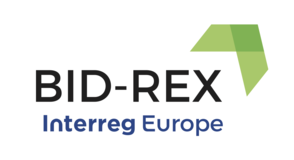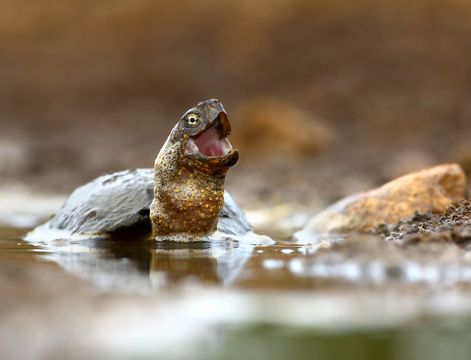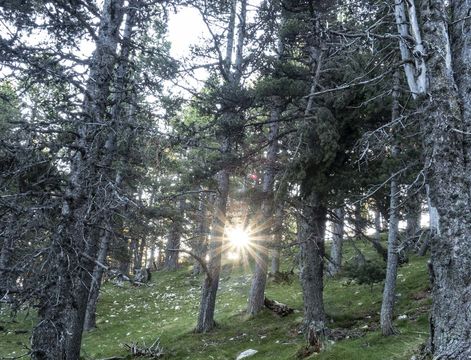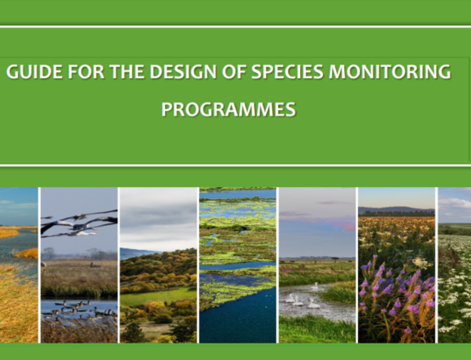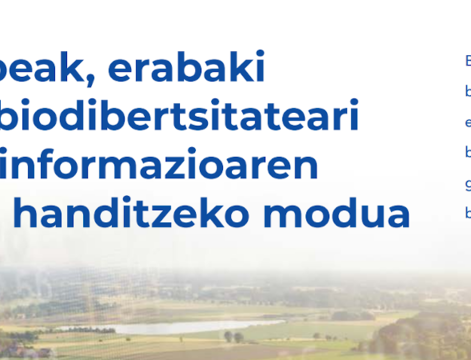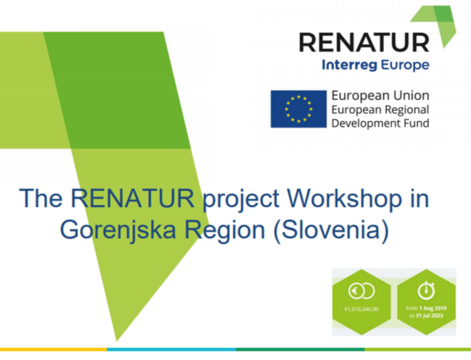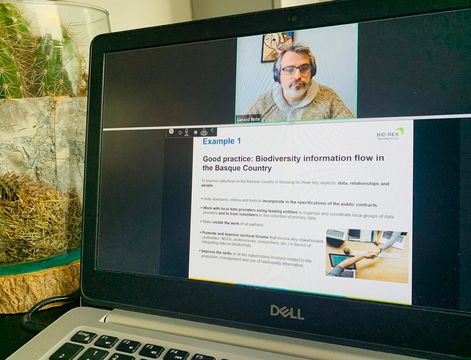What does your department do?
The research activities of our team are focused on the biology and management of fauna and its habitats, particularly on species with a high conservation value. We also focus on the development of indicators of biological changes and on the elaboration of guidelines to improve the management of natural systems of the Mediterranean region. In addition, we design tools to approach this knowledge to Catalan environmental managers and decision makers.
What is special about your local environment/biodiversity?
From the Pyrenees to the Mediterranean coast, high landscape diversity provides opportunities for the presence of a high variety of species and ecological associations. In only 32,000km2, Catalonia has a rich natural heritage with 147 species included in the Habitats Directive, 102 types of Habitats of Community Interest, and more than 220 species of birds.
Why did you get involved with BID-REX?
Our background working on providing biodiversity information to decision makers made us realise the need to improve biodiversity information integration, flows and final consideration during the decision processes in Catalonia. To find the best way to tackle this we decided to create an Interreg Europe project to know more about how other regions were tackling this problem.
What have you taken from you involvement in BID-REX so far?
From all points of view, this project is entailing great learning. The new relationships established with partners have provided an opportunity for new synergies and learnings. All the detected good practices are inspiring actions to achieve Catalan objectives. And the creation of the Local Stakeholder Group in the project's framework has provided a great opportunity to establish new dialogues among Catalan stakeholders.
What have been the key milestones/findings so far?
The most important milestone so far was the inclusion of an objective related to biodiversity information into the new Catalan Strategy of Biodiversity 2030 and the creation of the observatory of Catalan Natural Heritage.
Moreover, all the new synergies created between the departments in charge of the environment and those in charge of EU funds management has also been important.
What do you hope BID-REX will help your region achieve?
Considering the work done so far, we expect to achieve all the proposed Catalan objectives. Basically, we expect to improve the use of European funds (especially ERDF) for natural heritage conservation. In addition, to provide accurate and suitable biodiversity information to decision makers through the Observatory of Catalan Natural Heritage, a new organism created as a result of the Action Plan's implementation.
